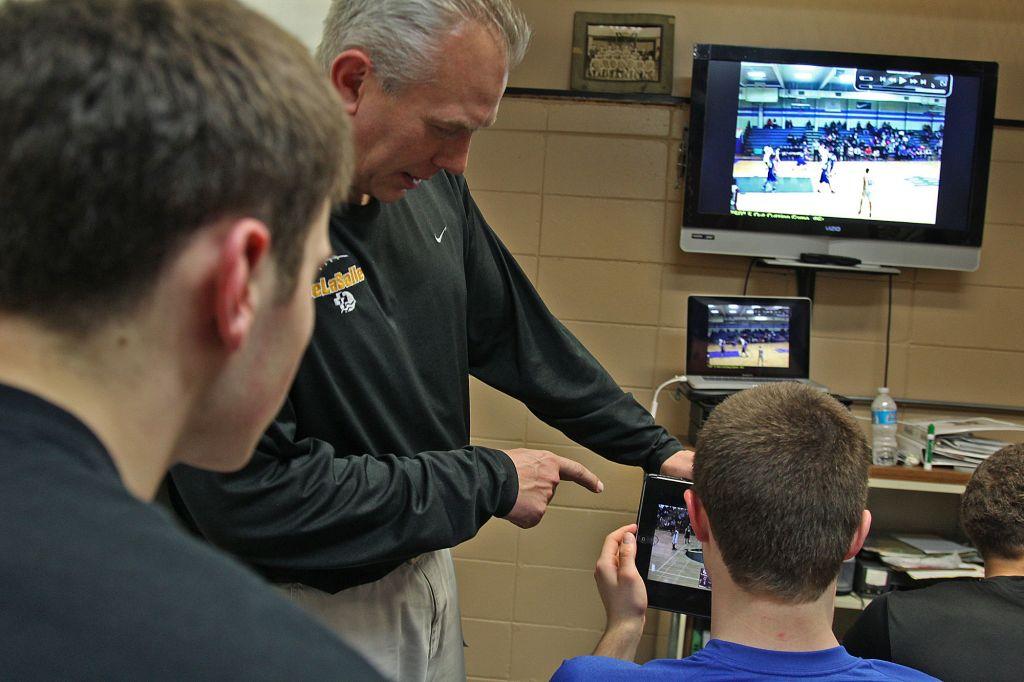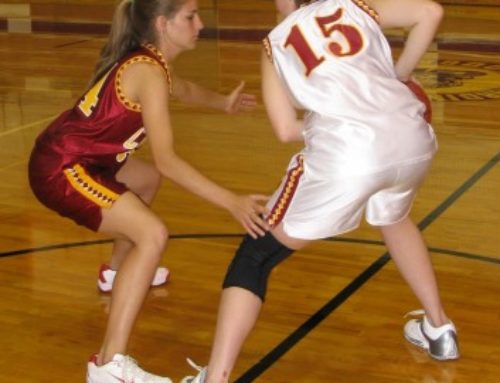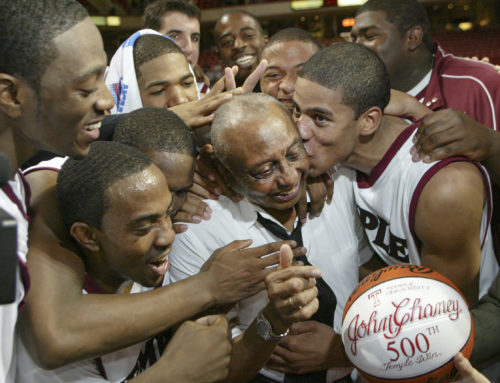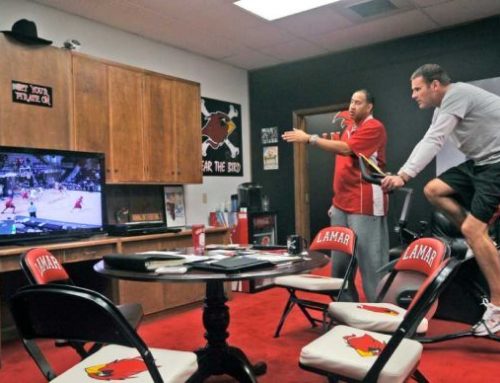Coaching is a multi-dimensional job that requires a person to be good in multiple skills. Great coaches try to improve and never stop expanding their expertise in order to be better in their profession. In our art of coaching sequence, we will try to explain which skills coaches need to focus on when they assess their abilities. The second one that shows how hard-working a coach needs to be is preparation.
Preparation is key for good coaches. In a basketball game, there are many elements that can affect whether or not your team wins or loses. That’s why coaching requires huge amount of data processing which, in a combination with coaches’ intuition, leads to decisions about what is happening on the court. So, coaches need to do a lot of number-crunching and reading game stories to figure out what works best for their team, and what the opposing team’s weaknesses are. However, not all prep is the same. Both short and long-term preparation is instrumental in leading a successful team.
Long-term preparation includes scouting and hours of film studying. Coaches need to know every single piece of information about his/her team in order to implement the best tactics. That involves a lot of looking at statistical data to understand what a player is doing on the court. Moreover, team statistics tell a lot about a certain performance, and over longer periods of time can represent a guideline of strengths and weaknesses of a team. Some coaches even prefer to live stat their practices and use that as a guideline to player’s abilities. Not only does this give a lot of information to the coach, but it motivates players to be at their best during practice time. Long-term planning is very effective, especially in lower levels of coaching such as high-school and university. These teams usually have long-tenured coaches who implement the same playing style over and over again. By knowing their preferences, either through watching video or examining their shot charts, you can recognize patterns and know what to expect every time you face a certain coach. Preparing for games long before they actually start is one of the most important things a coach needs to do.
However, there is some significance in how you prepare the team right before the game. In a short-term setting, a great coach needs to know how to get the players in the right state of mind for the game. The most effective way to do that is through a routine process. Dedicating specific time periods for activities before the game can help your team feel better prepared when they step on the court. It also brings a sense of professionalism, which greatly affects player’s attitudes towards the game. It is important to arrive early to the game to have time for all the nuisances that follow a basketball team. Rushing helps nobody, and can only lead to players feeling stressed when they should be thinking about the game plan.
Having a job-like environment in a team can be effective, as you and the players will block out the outside factors and get the task done. Practices before the games are also one of short-term preps that can have huge effect on the game outcome. Coaches need to demonstrate the biggest points of emphasis about the opposing team in a manner that will translate to the players. Good coaches share their findings from hours and hours of scouting the film, explaining how to stop the opposing game plan through different methods (assigning someone to be the opposing best player, running opponent plays, etc.). Therefore, both ways of preparing have a huge role in a team succeeding and work together to create a professional environment in a team. As Miguel de Cervantes once wrote: “To be prepared is half the victory”.





